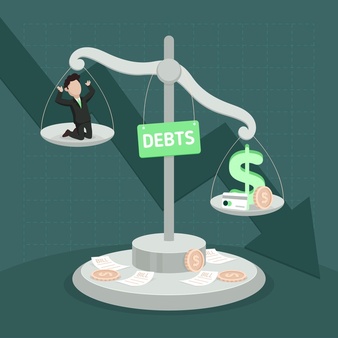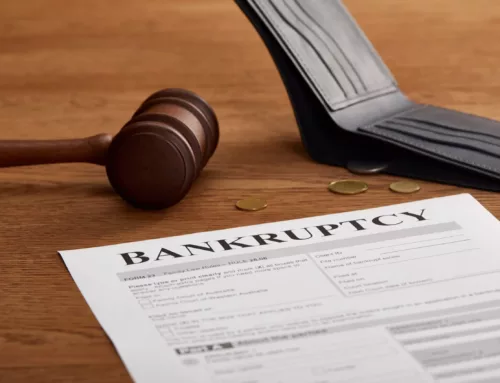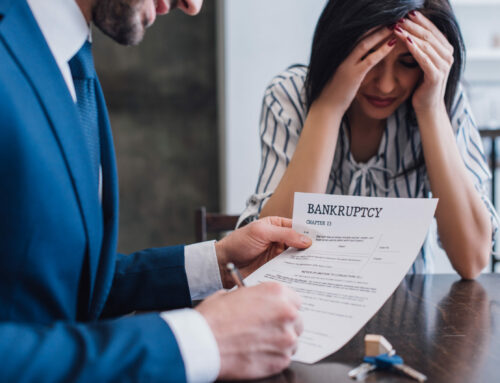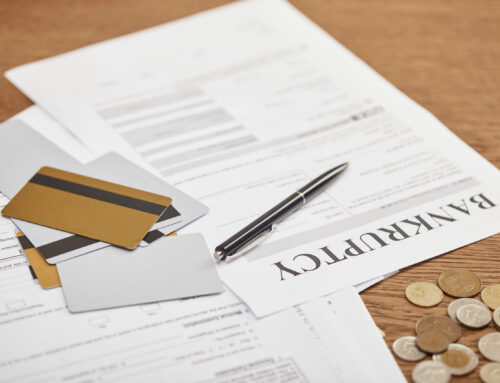This pandemic has taken a financial toll on most Americans. Most people are forced into borrowing for their expenses due to hardship.
It’s important to know the difference between secured and unsecured debt. The types of debt and the bankruptcy chapter determine what happens to your debt, such as whether it can be discharged, or whether the creditor can collect after bankruptcy. This article will focus on secured debt.
What is Secured Debt?
A secured debt or secured loan is:
- an obligation that you owe, and
- backed by collateral that a creditor can recover if you default.
Secured loans are created with a lien. A lien can be voluntary or involuntary. A lien is a claim or legal right against assets that are typically used as collateral to satisfy a debt. If a debt is secured, this gives lenders more options to collect what they need to be repaid.
Compared to Unsecured debts
Unsecured debt or unsecured loan refers to those that are not backed by collateral. If the borrower defaults on the loan, the lender may not be able to recover their investment because the borrower is not required to pledge any specific assets as security for the loan. If a debt is not secured, the lender is usually looking for borrowers who can pay reliably. Thus when you take out unsecured loans, generally you need a good credit score.
A loan is unsecured if it is not backed by any underlying assets. Examples of unsecured debt include credit cards, medical bills, and utility bills.
Voluntary and Involuntary Liens
Involuntary Liens


Voluntary Liens
Normally, you voluntarily give a creditor security interest. An example: a lender needs a borrower to sign a home mortgage before making a home loan. This lien allows the creditor to make a foreclosure auction if you fail to pay your monthly payments on time.
It’s also possible to grant a lien against personal property, which is basically whatever you own that isn’t real estate, like vehicles, shares of stock, or even cash.
For example, before you can get a new car loan, you’d be required by the lender to sign a security agreement to grant them a lien. It’s this lien that allows them to repossess the car if you don’t pay back the amount owed as agreed upon.
Perfecting a Lien
A secured creditor must “perfect” its lien to protect its right to collect. Perfection is legalese-speak to refer to the action to give interested parties a notice of the lien.
If a lender fails to perfect the lien, it can cause serious consequences. If you file bankruptcy, the court may set aside a lien if it’s not perfected properly. If it’s set aside, that means that it will be treated as if it has never existed, and the lender, in effect, becomes an unsecured creditor.
Collecting Secured Debt
If you are unable to pay off your secured debt, creditors can collect repayment for these. Below we list down ways a collector can get these debts paid off.
Court action. A secured creditor can file a court action to obtain a judgment against a debtor. They can seek judgment for the total amount you owe, or for the remaining balance borrowed after collecting the value of any collateral.
Foreclosure. A lender may enforce a home loan by foreclosing its mortgage or deed of trust. The method will most likely be nonjudicial. Although rare, judicial foreclosures are also allowed.
Lenders also can foreclose liens against personal property, in most cases without a lawsuit.
Repossession. Secured creditors do not usually need to go to court for repossession. However, they may not trespass on private property or break the peace. If you want to know how to keep your car from getting repossessed, contact a bankruptcy attorney immediately.
Filing for bankruptcy may be a way to gain a reprieve from the stress of unpaid debt. If you can’t repay your loans, a bankruptcy grants an automatic stay which stops creditors from collecting. If you file for bankruptcy, you gain options for a payment plan or get a bankruptcy discharge.
If you’re filing bankruptcy, it’s best to consult with experts in bankruptcy law. Our MS bankruptcy lawyers at Rollins Law Firm know the bankruptcy code and can help you get out of debt and get back on track. Call us at 601-202-5101 now!







Connect with Us